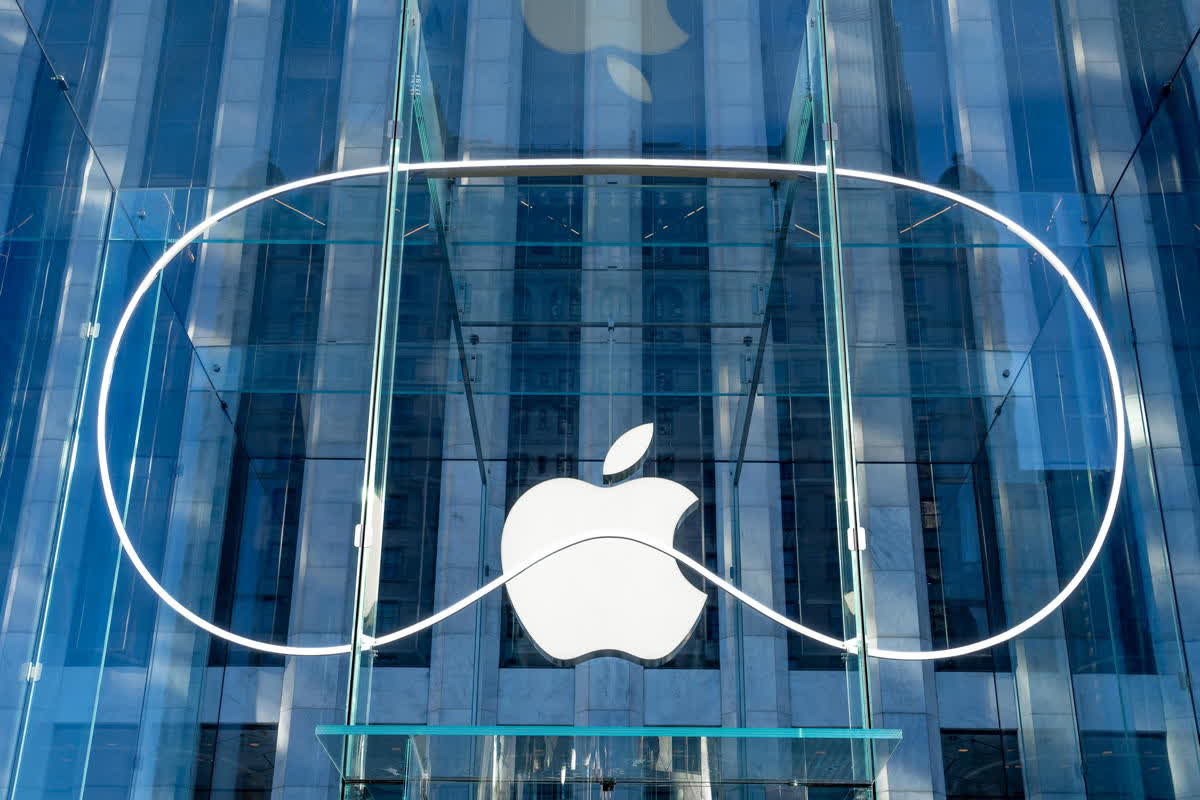Serving tech enthusiasts for over 25 years.
TechSpot means tech analysis and advice you can trust.
Forward-looking: Apple's M5 chip is expected to make its debut in the MacBook Pro and iPad Pro later this year, but Apple is already deep into development on the M6 and M7 processors. Apple is advancing its custom silicon ambitions, with a sweeping roadmap that spans next-generation Macs, its first smart glasses, and a powerful new AI server chip. Sources familiar with the company's plans told Bloomberg that Apple is building on its recent momentum in chip design, aiming to set new standards in performance and efficiency across its entire product lineup.
Apple will continue to invest heavily in custom silicon as it strives to lead not only in device performance but also in AI and wearable technology – two areas where it has attempted to make advances but has faced various challenges. The company is developing new chips to power everything from next-generation Macs to smart glasses and AI servers, aiming to maintain its tightly integrated hardware and software ecosystem.
The Apple M6 SoC, known internally as "Komodo," is likely to arrive in 2026, followed by the M7, codenamed "Borneo," in 2027, if Apple maintains its annual release cadence. These chips are rumored to represent a major leap in computing power, with configurations as high as 256 CPU cores and 640 GPU cores in future generations – an exponential increase compared to the current M3 Ultra, which tops out at 32 CPU and 80 GPU cores.

Alongside these chips, Apple is reportedly working on an advanced system-on-chip for Macs, codenamed "Sotra." While details remain scarce, this chip could be destined for high-end desktop models, further diversifying Apple's silicon offerings and targeting professional users who want top-tier performance.
In a parallel effort, Apple is preparing to enter the still nascent but competitive smart glasses market. The company's first glasses, powered by a specialized chip called N401, are being designed to rival Meta's Ray-Ban smart glasses.
Drawing on the energy-efficient architecture of the Apple Watch, the N401 chip is optimized for low power consumption and is engineered to control multiple cameras integrated into the glasses.
These non-augmented reality glasses will feature cameras, microphones, and on-board AI, enabling users to take photos, record video, translate languages, and receive contextual information about their surroundings.

Features under consideration include environmental scanning, object identification, and navigation assistance. The glasses' processor is targeted for mass production in late 2026 or 2027, suggesting a product launch within the next 2 to 4 years.
Meanwhile, Apple's ambitions for AI are expanding into the realm of large-scale infrastructure. In partnership with Broadcom, the company is developing its first AI server chip, codenamed "Baltra," which is slated to enter mass production as early as 2026 or 2027.
This chip is being designed to handle Apple Intelligence requests in the cloud, replacing the current reliance on Mac-grade processors such as the M2 Ultra.
Apple is reportedly testing Baltra in configurations with 2, 4, 6, or even 8 times the CPU and GPU cores of the M3 Ultra, meaning the chip could boast up to 256 CPU cores and 640 GPU cores at its highest. Such a leap could position Apple as a major player in AI infrastructure, enabling faster and more efficient cloud-based intelligence for its devices.

These developments are part of a broader strategy within Apple's hardware technology group, which is also working on chips for camera-equipped AirPods and Apple Watch models, with launches targeted around 2027.
The company's silicon roadmap also includes upgrades to its in-house modem technology, with the C2 and C3 modems expected to improve wireless connectivity in future iPhones.
Masthead credit: Basic Apple Guy








 English (US) ·
English (US) ·